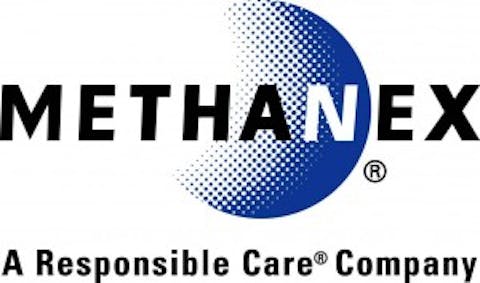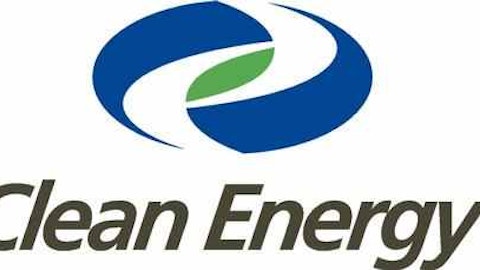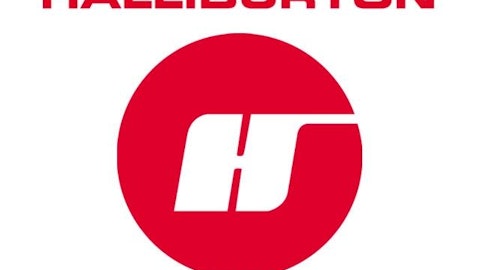Hydraulic fracturing and the abundance of natural gas, brings money and jobs to the United States in multiple sectors and from outside of the U.S. Several companies and tangential industries are benefiting from the abundance of natural gas, and the increase in hydraulic fracturing or “fracking.”
Hydraulic fracturing, or “fracking,” is the process of shooting water, sand and chemicals underground to break apart rock and free natural gas trapped in shale. Developments over the past few years have made fracking safer and more affordable. Natural gas is currently sold at very low prices due to an abundance of natural gas (or a “glut”), thanks to the increased fracking, and mild winters where consumers did not use as much natural gas as before. The overabundance of natural gas and the low prices have helped many companies increase earnings, and other companies save money.

Methanex Corporation (USA) (NASDAQ:MEOH), on the other hand, said it will cost about $425 million to move the plant to the U.S. from Chile. The company expects to pay off the capital cost of moving its plant in less than four years, thanks to liquefied natural gas (LNG) prices. Vancouver-based Methanex Corporation (USA) (NASDAQ:MEOH) is the worlds’ largest supplier of methanol, with 15% of global market share. Methanol is needed in many products and industries, including as an automobile fuel additive, creating plastics, and as a low-risk “fracking fluid.” This quiet and often overlooked stock has considerable potential (not only because of fracking growth, but increased need in China too).
Companies such as The Dow Chemical Company (NYSE:DOW) have plans to invest as much as $80 billion in U.S. chemical, fertilizer, steel, aluminum, tire and plastics plants, because of the “massive competitive advantage the United States has with natural gas today,” according to George Biltz, The Dow Chemical Company (NYSE:DOW)’s vice president for energy and climate change.
The natural gas abundance puts the U.S. into a unique situation. A few years ago the need for natural gas was so high, and domestic output so low, that it had to be imported in. The tables have turned, and now there is so much natural gas that companies want to export it. The major gas producers, such as Exxon Mobil Corporation (NYSE:XOM), want to be able to sell the gas (which when converted into a form suitable for exporting is liquified natural gas, or LNG) abroad at a more competitive price than the currently extra-low prices domestically. These producers believe that LNG exports could mean a major increase in the American economy.
However, chemical producers, such as Dow, strongly disagree. The short version of their protests is that if LNG is exported, and the price becomes more competitive on the world stage, that they will have to pay more for natural gas. The Dow Chemical Company (NYSE:DOW) uses natural gas as a feedstock for the production of chemicals and plastics, and has plans to spend $4 billion on new chemical plants. Cheaper natural gas is important to the company in order to keep their own costs lowered. If LNG is exported, their expenses increase. However, it must be noted, that the natural gas surplus and lowered prices cannot last forever. Eventually nature will play its hand, and the glut and demand will level out. When that happens, The Dow Chemical Company (NYSE:DOW) will still be faced with the same situation, exports or not.
Another tangential industry that is enjoying growth as a result of increased fracking and the demand for natural gas is the steel industry. As hydraulic fracturing grows, so does the need for drilling rigs, wells, pipelines, etc., which are produced by steel companies such as United States Steel Corporation (NYSE:X). The company is increasing business to meet the demand for natural gas drilling rigs, wells and pipelines (while saving more on fuel costs).
But is United States Steel Corporation (NYSE:X) a good investment?The company is down 35% over the past year. The recent lows at $16.87 were just a hair above the 2009 extreme low at $16.66. Steel demand has decreased around the world. But, U.S. Steel has taken measures to improve their balance sheet, and the growth of natural gas will help bring in new orders. United States Steel Corporation (NYSE:X) is still a risky buy, but yet again, buy low, and this stock is definitely low.



